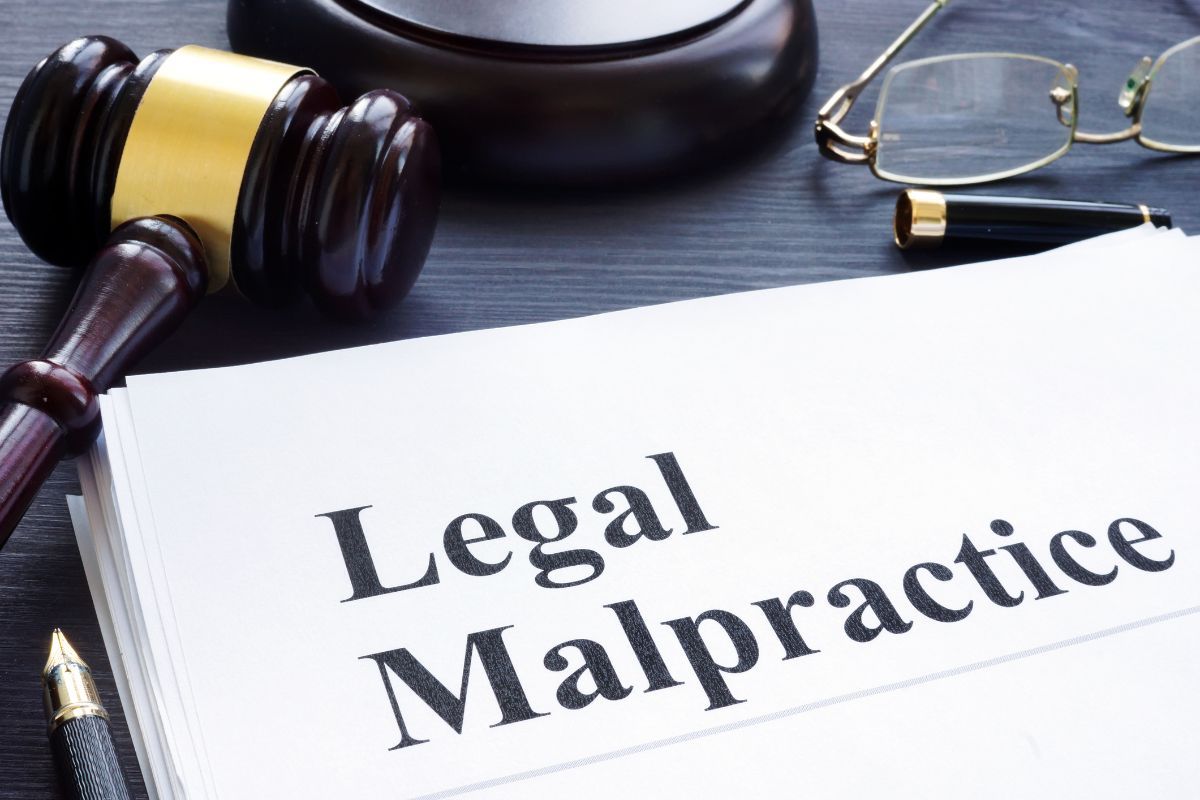Time Management And Online Learning – Multitasking Should Be Avoided
Many people believe that to be effective in their jobs, which includes managing time and using it efficiently, they must multitask. Since their time is so precious, students tend to cherish the ability to accomplish as much work as possible at any given time. With the new adventure of online learning currently unfolding, it is certainly a temptation for students at home to multitask to take full advantage of the situation. However, some believe that a key to online learning and managing time is the opposite approach and that multitasking should be avoided. The ability to multitask is considered a skill...
Continue reading











